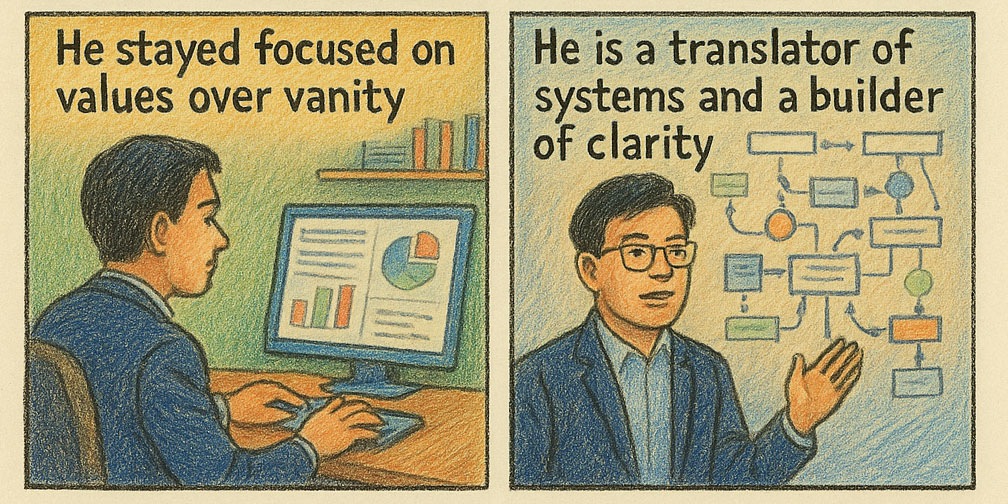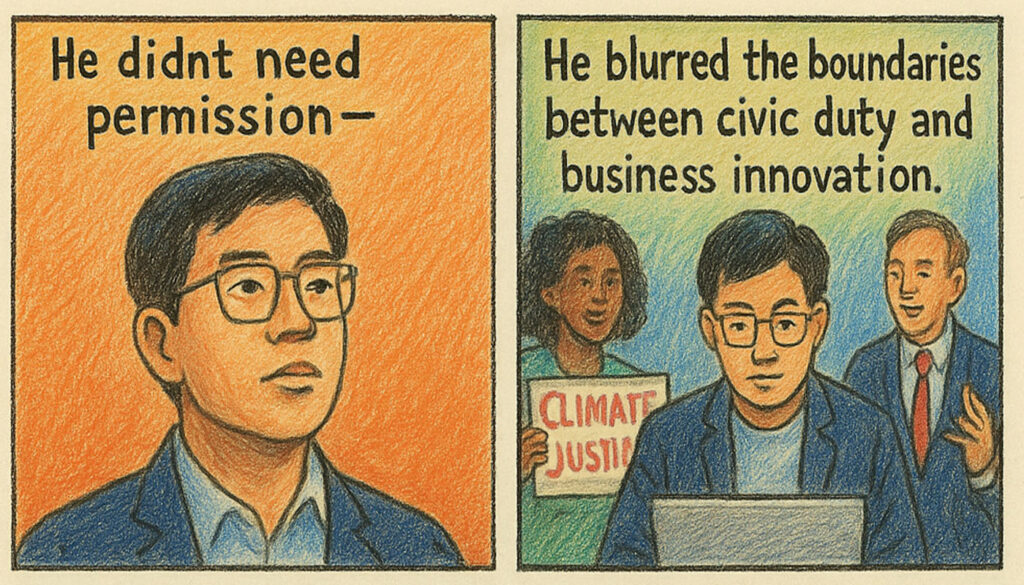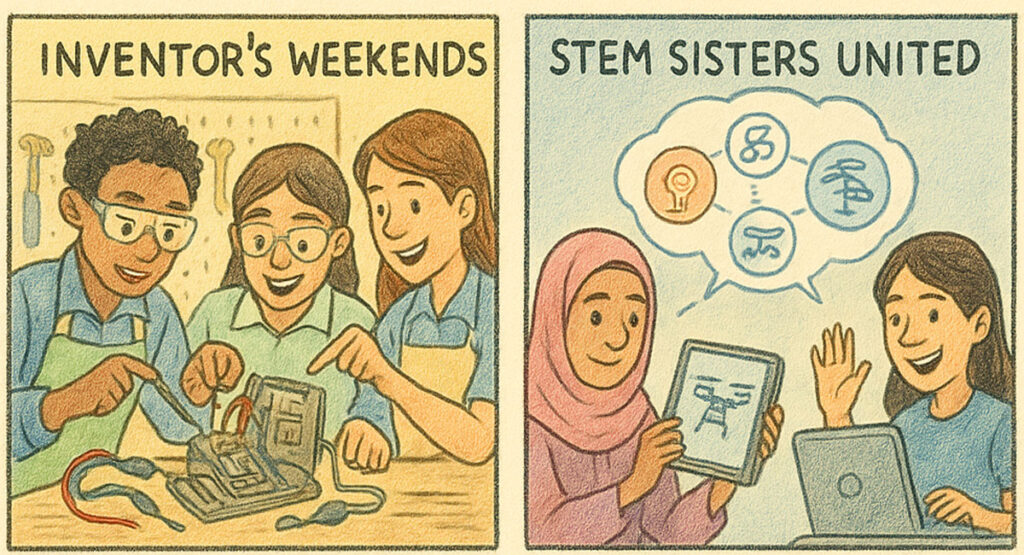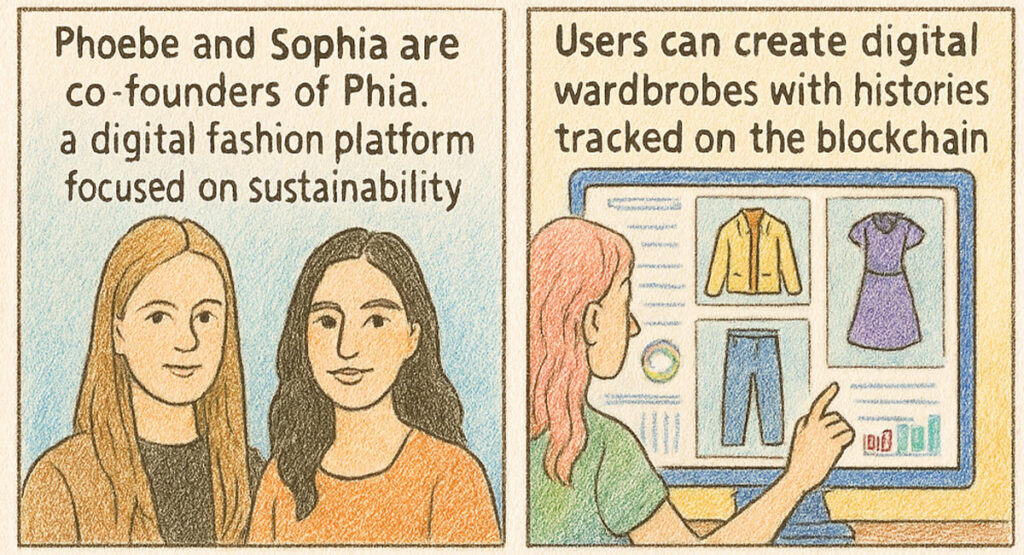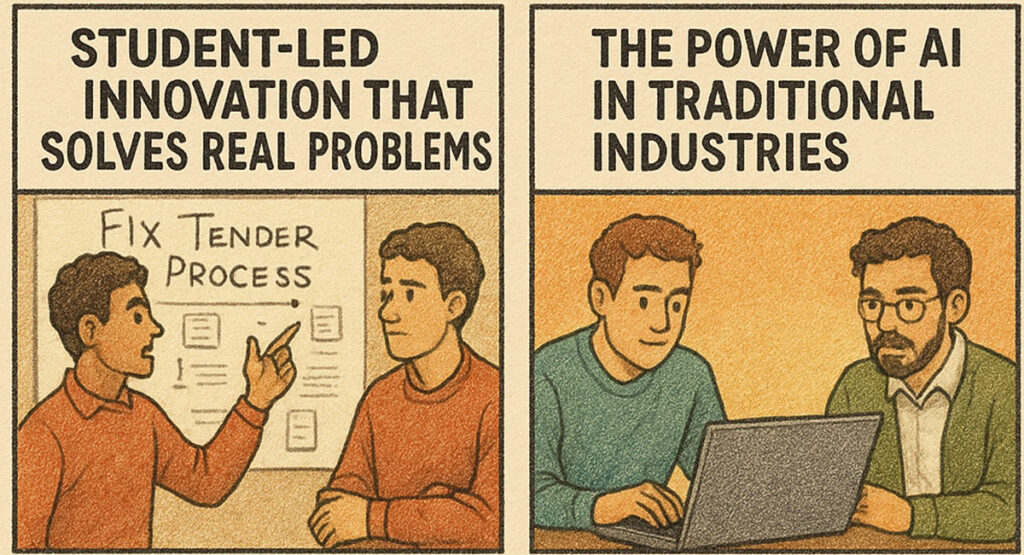Tim Hwang was never one to wait for permission. Born with a hunger for action and a mind that refused to settle for the status quo, Tim’s journey wasn’t one paved by legacy or entitlement, but by vision, resilience, and a bold decision to challenge how the world engages with lawmaking.
At just 21, when most young people are trying to figure out their path, Tim launched FiscalNote—a revolutionary idea born not in a corner office, but during a road trip across America. He and two friends huddled in a Motel 6, sketching out a blueprint that would transform how governments, companies, and citizens interact with the legislative process. They didn’t have much—just laptops, Wi-Fi, and relentless conviction—but they had everything that mattered.
Tim understood a deep truth: policy moves markets, but it’s often invisible until it’s too late. Laws get passed, amendments are buried in documents, and the consequences hit industries before they can react. So, he built FiscalNote, a tech platform that could make legislation and regulation transparent, trackable, and actionable—all in real time.
What began as a startup scraping public data and using machine learning to predict legislative outcomes soon became the pulse of policy intelligence. Fortune 500 companies, advocacy groups, and global institutions started to depend on FiscalNote not just to stay informed, but to stay ahead. With its AI-powered engine, the platform could sift through millions of pages of regulatory documents and draw clear, human-readable insight. It wasn’t just about data—it was about clarity, timing, and power.
But building FiscalNote wasn’t easy. Tim faced skepticism. “You’re too young,” they said. “Government data is too complex,” they claimed. But Tim’s answer was always the same: build anyway. He didn’t ask why policy couldn’t be as navigable as GPS—he asked how to make it so.
Under Tim’s leadership, FiscalNote didn’t stop at being a tool for change—it became a platform for accountability. As democracies grew more complex and businesses more global, the need for policy foresight wasn’t just useful—it became essential. FiscalNote expanded rapidly, acquiring companies across legal data, news analysis, and civic tech. It moved from a startup to a global force, powering decision-making in more than 20 countries.
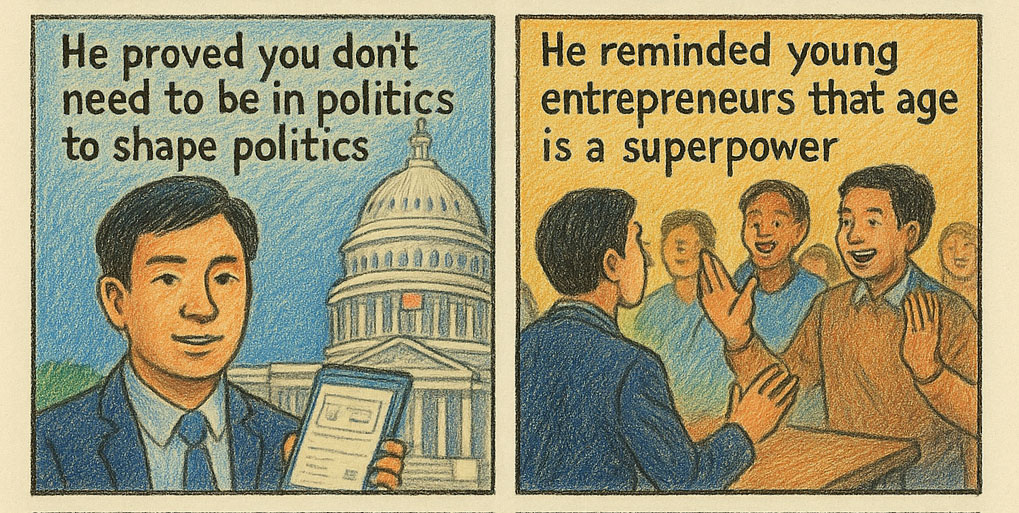
Tim wasn’t just building a company—he was shaping a new standard for civic intelligence. He believed data should empower, not confuse. And he proved that even in the halls of government—often seen as slow, bureaucratic, and opaque—technology could bring light, speed, and clarity.
He became one of the youngest CEOs to take a tech company public, but he never lost his grounding. For him, success was never just about revenue—it was about responsibility. He knew that behind every bill, every regulation, and every law, there were people. And with better tools, those people could make better decisions.
Tim’s story is one of courage. It’s the story of how a young outsider stepped into the most complex systems in the world and chose to build clarity from chaos. It reminds us that real innovation often starts in unlikely places—with people who see the world not just for what it is, but for what it can be.
Tim Hwang’s journey is far more than a tech success story—it’s a blueprint for fearless innovation, ethical leadership, and the power of youth in reshaping the old guard.
He didn’t wait for permission from government leaders to step into the world of public policy—he simply built a better system. His belief was simple: if rules and laws govern the world, then access to those rules should be instant, understandable, and universal. And if the world is increasingly shaped by complex regulation, then everyone—startups, activists, CEOs—should be equipped with equal insight.
One of the most inspiring aspects of Tim’s journey is how he blurred the boundaries between civic duty and business innovation. Most entrepreneurs chase markets. Tim chased meaning. He didn’t just ask how to build a profitable company—he asked how to build a responsible one. He showed that doing good and doing well are not contradictions, but accelerants of each other.
At a time when faith in institutions was faltering and governments moved slowly, Tim’s platform gave ordinary people the ability to see through the fog. He made policy less scary. He made law less distant. He turned complex text into clear action—and that’s nothing short of revolutionary.
He proved that you don’t need to be in politics to shape politics. With technology and bold thinking, he brought the tools of transparency to anyone who wanted to drive change—from climate advocates to healthcare reformers, from student organizers to multinational corporations.
Tim also championed young entrepreneurs and technologists, reminding them that age is not a limitation—it’s a superpower. His journey is a call to everyone who’s been told they’re “too young,” “too inexperienced,” or “not ready.” His response? Build it anyway.
Even as his company scaled globally, Tim stayed focused on values over vanity. His north star was always impact—not ego. He surrounded himself with dreamers and doers, thinkers and builders, and built a culture where curiosity was currency.
He transformed a humble idea—making government data easier to understand—into a movement of civic empowerment. And in doing so, he reminded the world that the greatest innovations don’t always come from labs or skyscrapers. Sometimes, they come from road trips, notebooks, late-night brainstorms, and a refusal to accept that “that’s just the way it is.”
Tim Hwang is not just a CEO. He is a translator of systems, a builder of clarity, and a quiet disruptor of everything that used to be complicated and untouchable.
